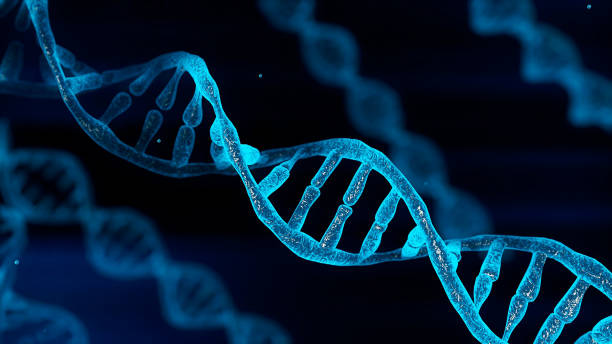To simplify, DNA contains all the information that defines a person’s physical and mental characteristics. A person’s DNA is a fusion of their parents’ DNA. Laboratories use DNA to offer services such as home paternity testing that allows any man, from the comfort of his home, to determine whether or not he is the father of a child. As every human being gets their genes from two people (the mother and the father), they have two pairs of genes that are known as “dominant” and “recessive”. Dominant genes are the ones that mark a person’s physical and mental characteristics, while recessive genes tend to go unnoticed. Do you look like your dad? During the union of egg and sperm, the dominant genes that define your appearance come from your dad.

How do laboratories use DNA?
Although researchers have not yet discovered the full potential of DNA, there are different uses that laboratories can make of your genetic material. For example, they can tell the gender of a baby while it is in the mother’s womb. Since some DNA goes from generation to generation, some labs can find out what population you belonged to in the past. In other words, did your ancestors come from the Americas or Europe? Your DNA has the answer. Have you ever been sick for no apparent reason? DNA can help you discover if you are prone to certain types of allergies or how likely you are to develop a disease such as cancer, Parkinson, or Alzheimer’s. However, many countries consider DNA as the private property of individuals, so it is protected and regulated by law.
Legal aspects of DNA
Thanks to home paternity testing, a person can take a saliva sample from themselves and another person, send them to a laboratory and find out if there is a biological connection. But is it legal to use a person’s DNA without their consent? As such tests are not legally valid, many people think they can use anyone’s DNA samples without permission. It is important to note that, before using the DNA of a person, written or videotaped authorisation from that person is required. Depending on the type of DNA used, the legal penalties range from heavy fines that must be paid to the person whose DNA was used without authorisation, to years in prison. Whenever you need to use someone’s DNA, be sure to record a video statement where that person certifies that they are providing their DNA freely, without pressure, and for a specific use.

